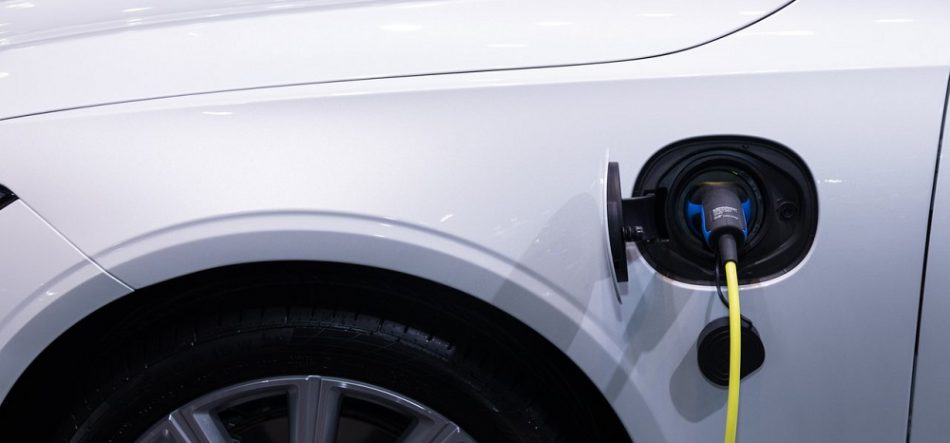Do you own an electric vehicle? Do you have any tips for new EV owners looking to maximize their savings? Comment below and let us know!
Some people say that electric vehicles are the future of how Americans and people around the world will transport themselves and their families to and from work, school and the local park. Some are saying the future is now, and it’s time to embrace the electric car with open arms as we work to create sustainable living. Others aren’t quite there yet, claiming that electric cars are too expensive or don’t have enough range. Have you been on the fence about owning your own electric car and wonder how much it would cost? This week on the Wire blog, we’re going to spark the conversation on electric vehicles and your energy plan, is it right for you?
Let’s start with a little history lesson. Did you know that the first electric car in the United States was developed in 1890 by William Morrison in Des Moines, Iowa? The vehicle was a six-passenger wagon capable of reaching a top speed of 14 mph. It wasn’t until 1895 that consumers began to devote attention to electric vehicles, after A.L. Ryker introduced the first electric tricycles in the United States by which point Europeans had been making use of electric tricycles, bicycles, and cars for almost 15 years. 130 years later in 2020, new car buyers have their choice in many different EV models from multiple different brands. We’re going to be speaking in broad terms here, not narrowing down to a certain model or brand; so how much does it cost you?
The fuel efficiency of an EV may be measured in kilowatt-hours (kWh) per 100 miles. Much like your home’s energy usage, we measure your kWh usage and bill accordingly. So, it’s already an easy way to track your EV usage and compare that cost to your overall home’s usage. To calculate the cost per mile of an EV, the cost of electricity (in dollars per kWh) and the efficiency of the vehicle (how much electricity is used to travel 100 miles) must be known. If your home electricity plan charges, for example, $0.11 per kWh and the vehicle consumes 34 kWh to travel 100 miles, the cost per mile is about $0.04.
If electricity costs $0.11 per kilowatt-hour, charging an EV with a maximum 70-mile range will cost about $2.64 to reach a full charge. This cost is about the same as operating an average central air conditioner for about 6 hours! So, in a month of driving 70 miles per day for work and getting the kids to school, you’re looking at roughly adding $80 per month to your electricity bill on an $0.11 per kWh energy plan. Compare that number to how much you spend in gas per month. You might be surprised.

Jackson Ralston
4Change Energy
Jackson Ralston has worked in the Texas electricity industry for over 8 years, helping customers better understand their energy choices. He’s passionate about making electricity simple, affordable, and accessible for busy families and households across the state. When he’s not writing or working on energy content, you’ll find him keeping up with the latest trends in customer-focused technology and service.

